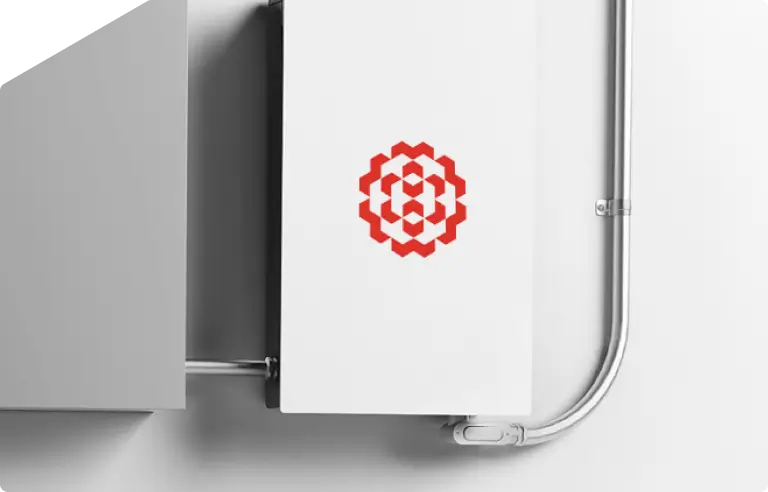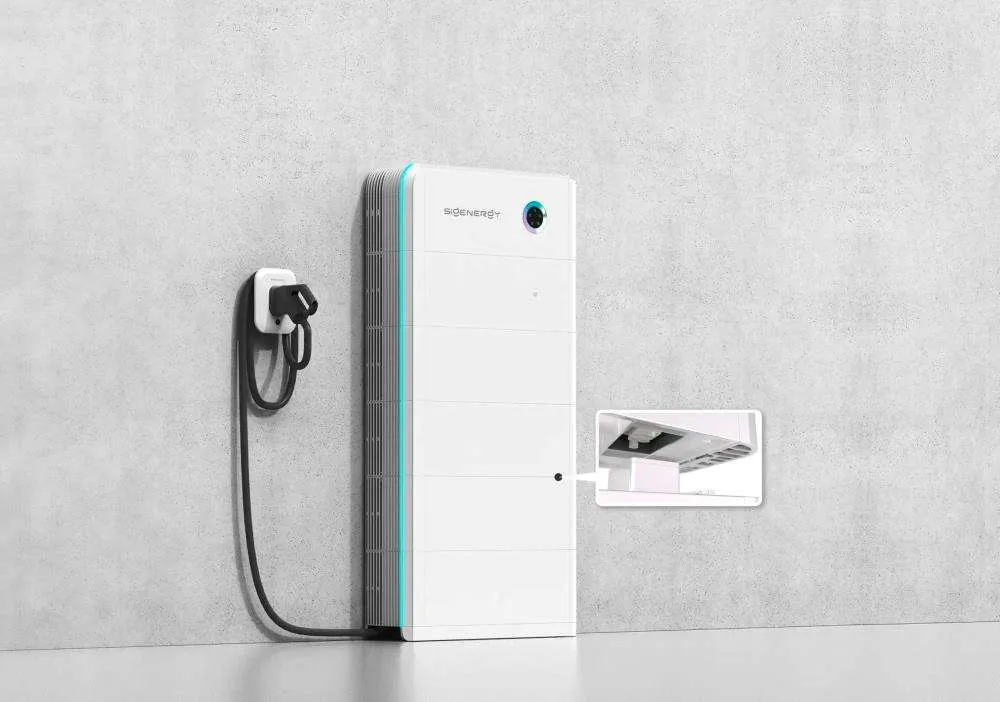When investing in a solar energy system in Singapore, financing is a crucial consideration. Solar leases and solar loans are two popular options available. Understanding the pros and cons of each can help you make an informed decision.
Solar Lease
A solar lease is a contractual agreement where a third-party company installs and maintains a solar energy system on your property. You then lease the system for a fixed period. The company handles all upfront costs, including equipment purchase, installation, and maintenance. In return, you pay a monthly lease fee.
Benefits of Solar Lease:
- No upfront costs: You avoid the significant initial investment required to purchase and install a solar system.
- Guaranteed performance: The leasing company typically guarantees the performance of the solar system, ensuring you receive the expected energy output.
- Minimal maintenance: The company is responsible for routine maintenance and repairs.
Drawbacks of Solar Lease:
- Limited control: You have less control over the solar system and its operation.
- Potential for higher long-term costs: While the monthly lease payments may seem affordable, the total cost over the lease term can be higher compared to owning the system outright.
Solar Loan
A solar loan is a type of financing that allows you to purchase and install a solar energy system outright. You borrow the funds from a lender and repay the loan over a specified period, typically with interest.
Benefits of Solar Loan:
- Ownership: You own the solar system, giving you complete control over its operation and maintenance.
- Potential for lower long-term costs: Over the long term, owning the system can result in lower costs compared to leasing.
- Government incentives: You may be eligible for government incentives or rebates when purchasing a solar system with a loan.
Drawbacks of Solar Loan:
- Upfront costs: You need to have the funds to cover the initial investment.
- Maintenance responsibility: You are responsible for maintaining and repairing the solar system.
Solar Lease Vs. Solar Loan
FAQs
Q1: Which option is better for homeowners with limited budgets?
A solar lease might be more suitable for homeowners with limited upfront capital.
Q2: Can I sell my solar system if I have a lease?
Typically, you cannot sell the solar system while it's under a lease.
Q3: What factors should I consider when choosing between a lease and a loan?
Your financial situation, energy consumption patterns, and long-term goals should be considered.
Q4: Are there any hidden costs associated with solar leases or loans?
Be sure to carefully review the terms and conditions of any lease or loan agreement to understand all potential costs.
Conclusion
Both solar leases and solar loans have their advantages and disadvantages. The best option for you will depend on your specific circumstances and preferences. Consider your financial situation, long-term goals, and the benefits and drawbacks of each option before making a decision.


















